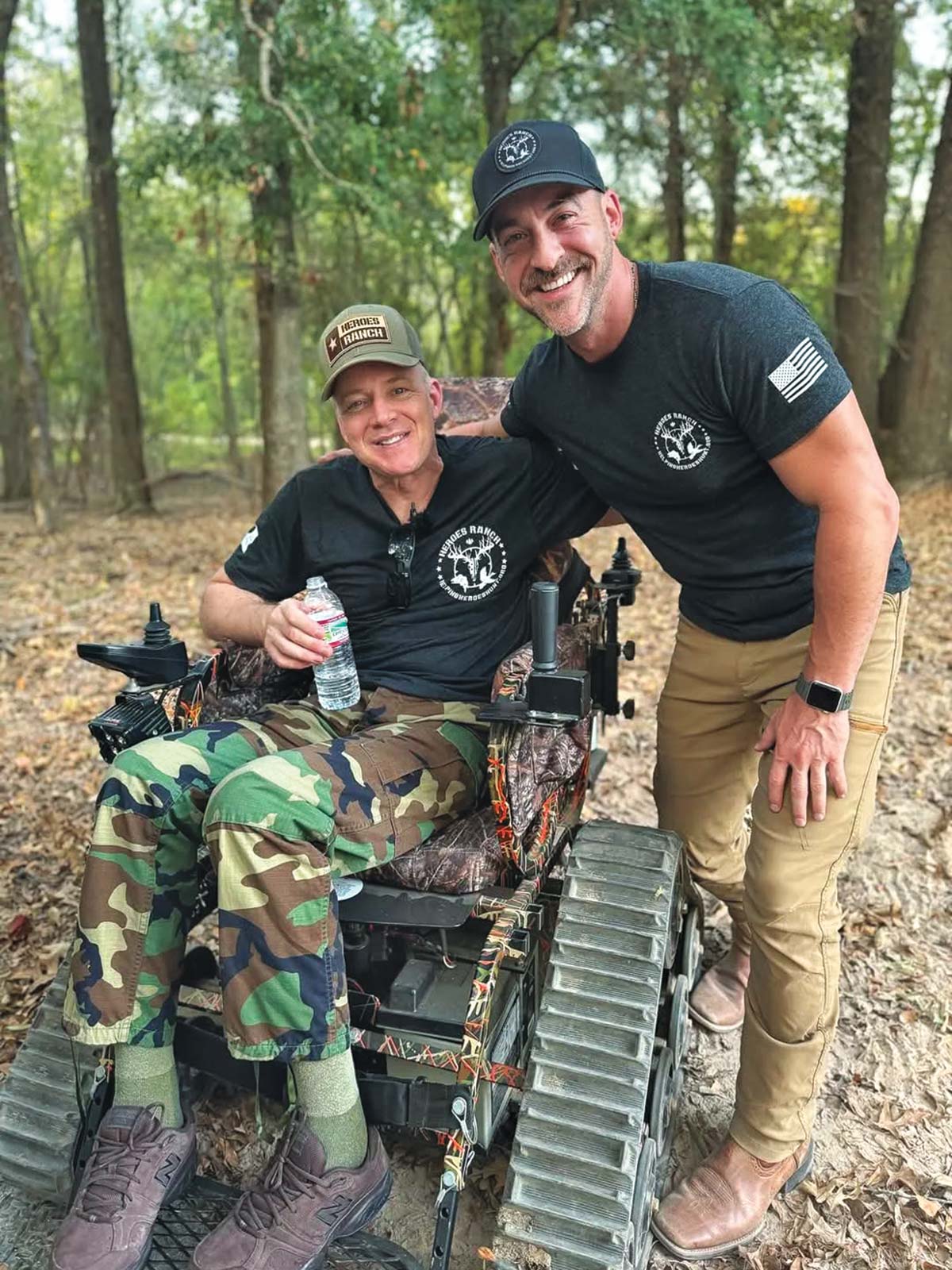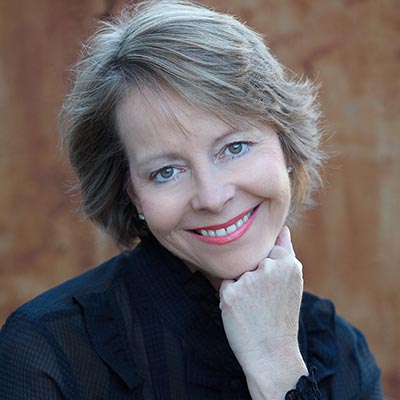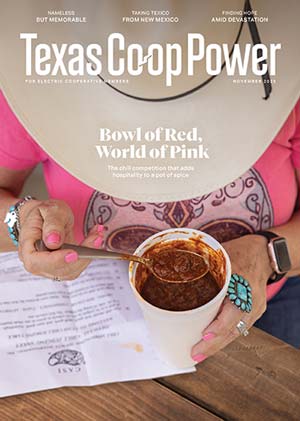Approaching the gate, goosebumps appeared—and stayed. I fought back tears the entire visit. It’s just that kind of place—with a purpose and personal stories that are profoundly impactful.
There’s the account of a blind visitor who shot a deer; a quadriplegic veteran who pulled the trigger by blowing into a tube; the visit from a firefighter with burns over 95% of his body; a son hunting alongside his dad, a former police officer left paralyzed after being shot in the head; and a dying man’s last wish granted.
Located behind East Texas’ Pine Curtain, the 450 acres is a ranch rarity. Cattle aren’t raised here, but rather confidence, camaraderie and bonds are nurtured. Heroes Ranch is a longtime dream come true for its founder, Freeman Sawyer, a vice president at CrossCountry Mortgage in Plano, and its mission is straightforward.
Sawyer wanted a place where military veterans and their families, first responders, those with disabilities, and the families of those who died serving their country could retreat, relax, unplug and unwind in an environment that defies disability.
“Mr. Freeman wanted the most accessible and adapted hunting and fishing lodge in the country, and I believe he has achieved that,” says ranch manager Luke Baker, who retired from the Army after 20 years of service. “We try to restore freedoms our heroes think they no longer have and show them they can still do things; it just looks a little different.”
Finding the perfect setting took a long and extensive search. Sawyer’s determination eventually paid off in 2019 when he found and purchased a parcel near Quitman, about 35 miles north of Tyler. Using personal funds, Sawyer turned the land into an elaborate and impressive hunting hideaway that opened in March 2024.
A massive American flag flying above a clear lake greets guests. The day I was there, a bald eagle was spotted flying near the flag as deer and antelope roamed below.
The guest house accommodates 18, including children. Its bedrooms, bathrooms, kitchen and furniture are totally accessible, just like most everything on the ranch.
A ramp at the lake provides access to kayaks and fishing boats. There are roll-in deer blinds, tracked all-terrain wheelchairs and all-terrain vehicles with controls that accommodate disabled drivers.
Abundantly forested, the sprawling spread is home to fallow and axis deer, blackbuck antelope and the heaviest rack on a whitetail I’ve ever seen. There are fish-filled lakes, shooting ranges and nature trails.
Safety is paramount, with gun checks before hunting. Guides accompany visitors on their hunts, and professionals manage the game and fish.
Extraordinary touches add to the impact. Attendees of a 2022 open house wrote letters to future guests. The letters were then enshrined in the lodge wall during construction. “Your service and sacrifice are forever etched in our hearts!” one reads. “Thank you.”
Photos of the individual notes were made into a collage depicting the Lone Star flag, and the collage proudly hangs on the same wall. Interior paneling was made from timber harvested and milled on-site.
As a nonprofit organization, donations, sponsors and volunteers keep Heroes Ranch going. Wood County Electric Cooperative in Quitman has donated thousands of dollars to the organization through the co-op members’ contributions to Operation Round Up. A co-op grant funded an ATV conversion, and employees have volunteered at the ranch since before it opened.
Other than transportation to and from the ranch, guests and their families pay nothing during their stay. “They don’t pay a dime,” Baker says. “We supply everything, process and ship their game meat. Even the taxidermy is paid for, and 100% of monies received goes to heroes’ hunts.”
Sawyer gained a huge respect for the military at a young age. His father was a government contractor, he had grandfathers and uncles who served, and he was surrounded by military bases while growing up in San Antonio. And his respect only grew as he grew up.
“Veterans often are thanked for their service, and while that is great and surely appreciated, to me that wasn’t enough, especially for those who have lost limbs, their mobility, suffer from wounds and PTSD,” Sawyer says. “I was in a position to do more and so I did.”



